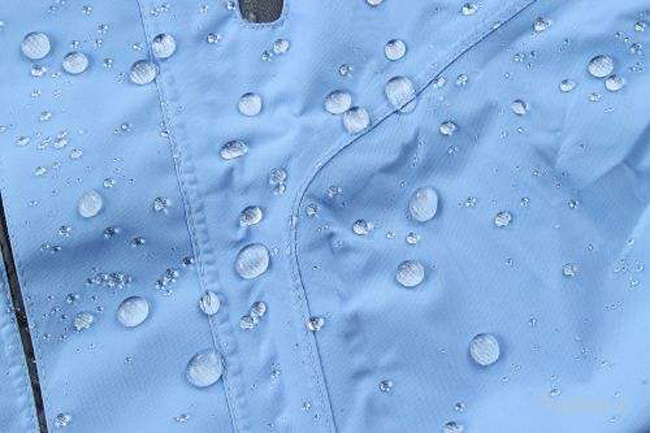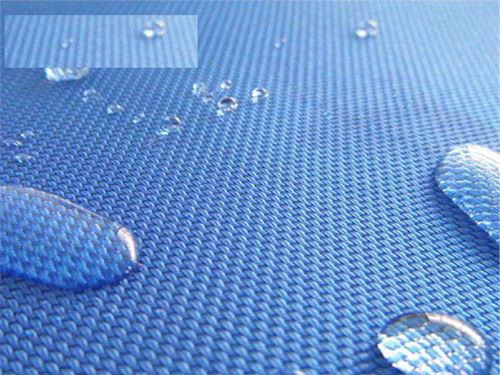Why should textile fabrics be flame retardant? How to achieve flame retardancy?
Textile fabrics Why should they be flame retardant? How to achieve flame retardancy?
As we all know, textiles are flammable. Once a fire breaks out, textile fabrics will spread quickly and easily pose a threat to life and property. Flame-retardant fabrics are even more important for special occupational groups such as oil field workers and firefighters. They have Good defensive effect can protect human skin from fire burns to a certain extent to ensure the life safety of relevant staff. In order to minimize the risk factor, everything should be done before it happens. It is an important barrier to make the fabric flame-retardant, delay the spread of fire, and give people in distress enough time to evacuate or take measures to put out the fire.
The flame retardancy of textiles does not mean that textiles will not burn when exposed to a fire source after flame retardant finishing. It means that the fabric can reduce its flammability in flames, quickly slow down the spread, and will not cause a large area of burning. That is, it can self-extinguish quickly within a short period of time after leaving the flame.

So, how is the flame retardancy of textiles achieved?
1. Use flame-retardant fibers to weave flame-retardant textiles
2. Use post-finishing methods to prepare flame-retardant textiles

The post-finished flame retardant fabric is treated with flame retardant by spraying, padding or coating. When encountering fire, the flame retardant will undergo physical and chemical reactions to achieve the flame retardant effect.
Our company developed Texnology®ZRJ polyester durable flame retardant, which is widely used in durable flame retardant finishing of polyester and other synthetic fiber fabrics (such as curtains, non-woven fabrics, decorative fabrics, ribbons, felts, etc.). Application areas include: military personal protection combat training uniforms; industrial firefighter protective clothing and welding work clothes; home decoration textiles, clothing and decorative textiles for transportation, and textiles in public places such as theaters, hotels, hospitals, and schools. Fabrics treated with Texnology® ZRJ flame retardant have excellent flame retardant properties and can meet standards such as GB5455-1997, BSEN533, EN532, and BS5852. The processing method is simple and does not affect the original style of the fabric.








